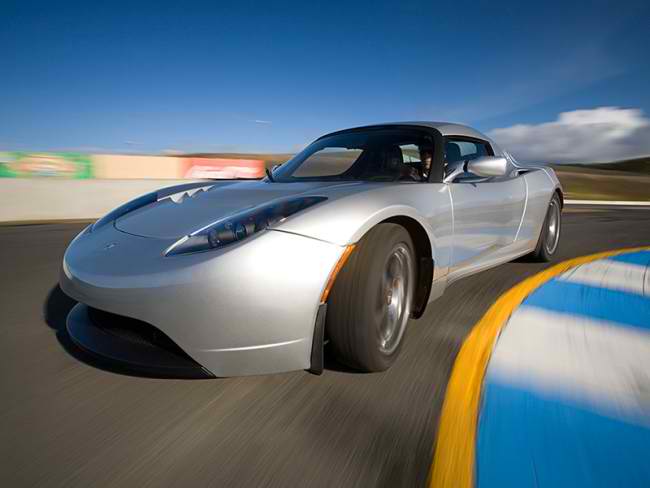The good news follows a vote of confidence from Morgan Stanley, whose latest valuation dubbed Tesla as “America’s Fourth Automaker.” That’s fourth after the big three Ford, GM, and Chrysler. No surprise that once news broke of the investment firm’s blessing, Tesla stock soared.

But it takes more than a nudge from a top financial institution to push Tesla forward. The problem with Tesla’s cars, even though the brand has already made an impact in the consumer consciousness, is there’s not enough infrastructure to support a wide scale distribution of the vehicle.
The Role of Infrastructure in Tesla’s Growth
The lack of sufficient charging stations and service centers has been a significant hurdle for Tesla. While the company has made strides in building its Supercharger network, it still pales in comparison to the vast network of gas stations available for traditional vehicles. This limitation can deter potential buyers who are concerned about the convenience of charging their electric vehicles, especially on long trips.
Moreover, the cost of installing home charging stations can be prohibitive for some consumers. Although Tesla offers incentives and rebates, the initial investment can still be a barrier. The company is working on expanding its Supercharger network and making home charging more accessible, but these efforts take time and substantial financial resources.
Thanks to Morgan Stanley, however, Tesla stock is now priced at $28.51 and is on track for further bargains. It’s projected that by year’s end, Tesla stock will be worth $70. That’s very impressive from an automaker that hasn’t exactly been around for ages, unlike its Detroit competition. More importantly, Tesla’s e-vehicles hardly comprise 2% of total car sales. In fact, it’s way below that.
Market Dynamics and Future Prospects
Present circumstances are working for Tesla anyway, with gas prices surging thanks to Middle East unrest and the growing prominence of alternative energy cars in the marketplace. The increasing awareness of climate change and the push for sustainable energy solutions have also played a crucial role in Tesla’s rising popularity. Governments around the world are implementing stricter emissions regulations and offering incentives for electric vehicle purchases, which bodes well for Tesla’s future.
Additionally, Tesla’s innovation in battery technology and autonomous driving features sets it apart from traditional automakers. The company’s Gigafactories are designed to produce batteries at a scale and cost that could revolutionize the industry. Tesla’s Autopilot and Full Self-Driving (FSD) capabilities are continually improving, making their vehicles not just a mode of transportation but a glimpse into the future of mobility.
Tesla’s direct-to-consumer sales model is another factor contributing to its success. By bypassing traditional dealerships, Tesla can offer a more streamlined and customer-focused buying experience. This model also allows the company to maintain better control over pricing and inventory, which can lead to higher profit margins.
However, Tesla faces stiff competition from both established automakers and new entrants in the electric vehicle market. Companies like Ford, GM, and Volkswagen are investing heavily in their electric vehicle lineups, and startups like Rivian and Lucid Motors are also making waves. To stay ahead, Tesla will need to continue innovating and expanding its product lineup.
Source Huffington Post
Latest Geeky Gadgets Deals
Disclosure: Some of our articles include affiliate links. If you buy something through one of these links, Geeky Gadgets may earn an affiliate commission. Learn about our Disclosure Policy.